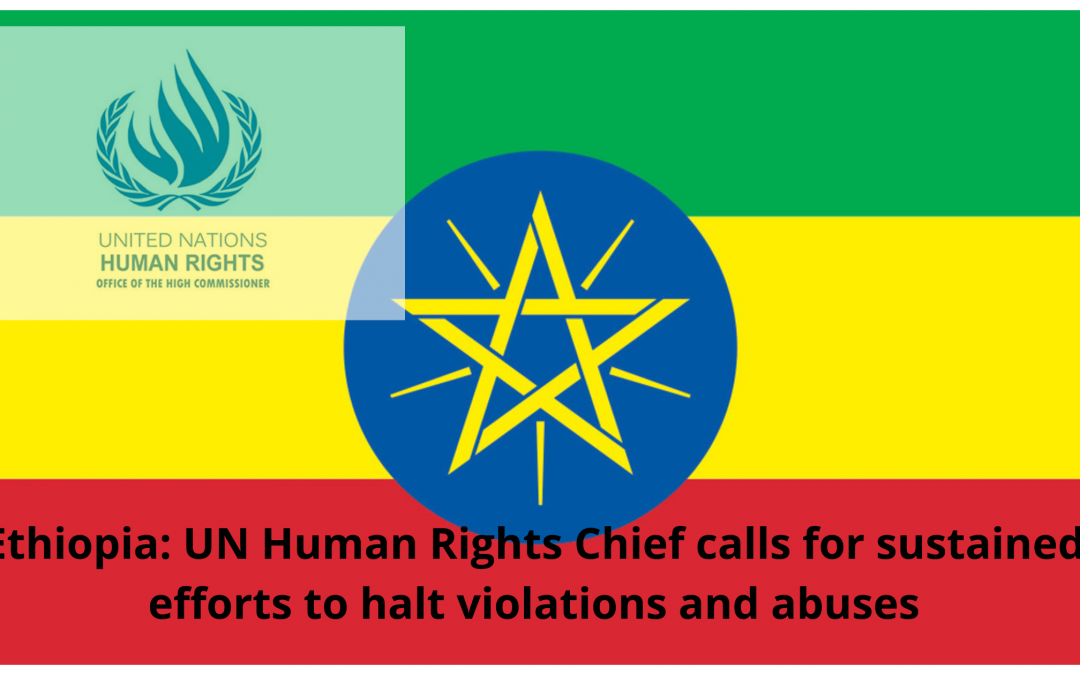
by CAP Liberté de Conscience | Jun 18, 2024 | CAP LC United Nations, news
The recent report, by the Office of the United Nations High Commissioner for Human Rights (OHCHR) has again brought attention to the human rights situation in Ethiopia specifically focusing on the hardships faced by the Amhara community.
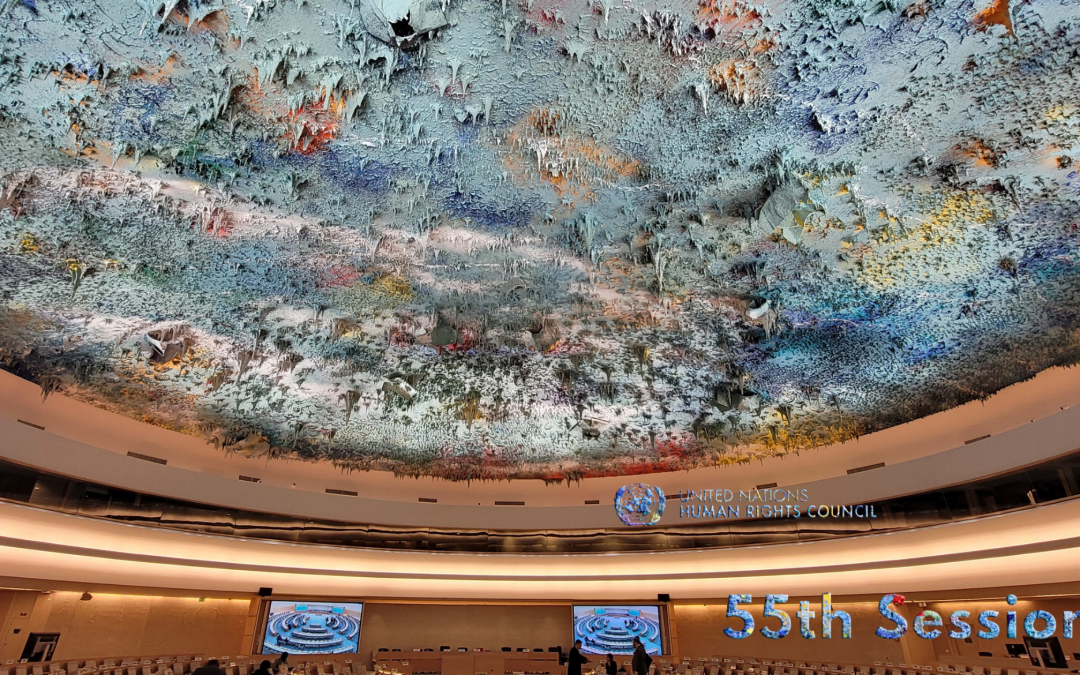
by CAP Liberté de Conscience | May 8, 2024 | CAP LC United Nations, news
The United Nations has restated its dedication to safeguarding freedom through a resolution approved by the Human Rights Council in its fifty session held from 26 February to 5 April 2024. This resolution, passed with support highlights the Community’s commitment, to upholding one of the essential human rights.
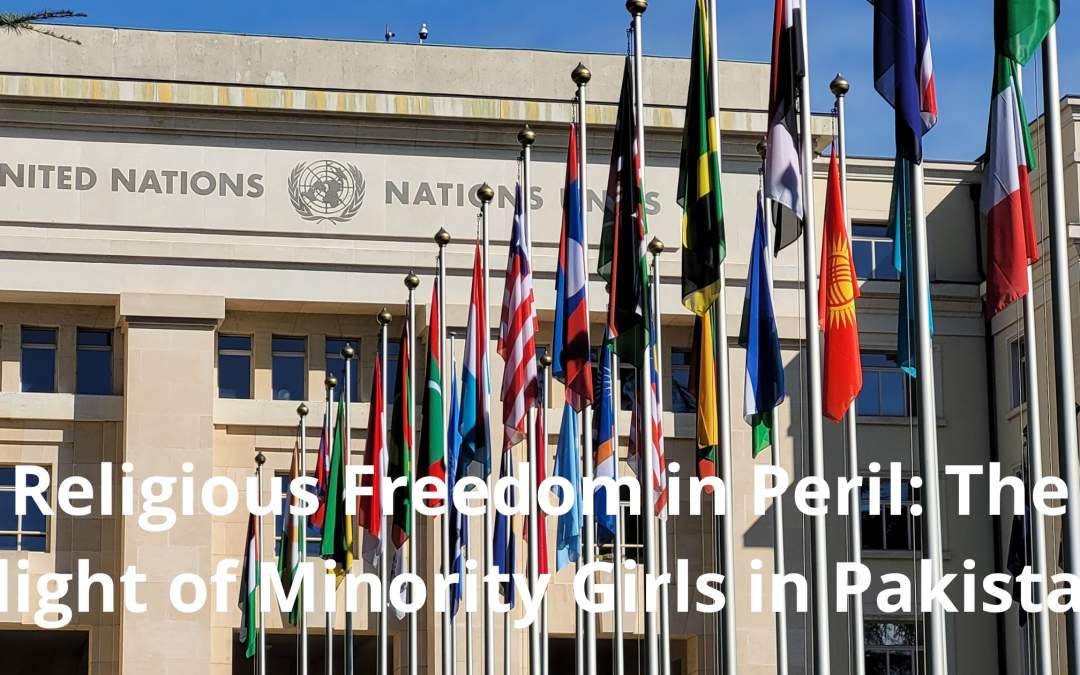
by CAP Liberté de Conscience | Apr 15, 2024 | news
https://freedomofconscience.eu/42th-upr-session-pakistan-jan-feb-2023-persecution-of-ahmadis-in-pakistan/
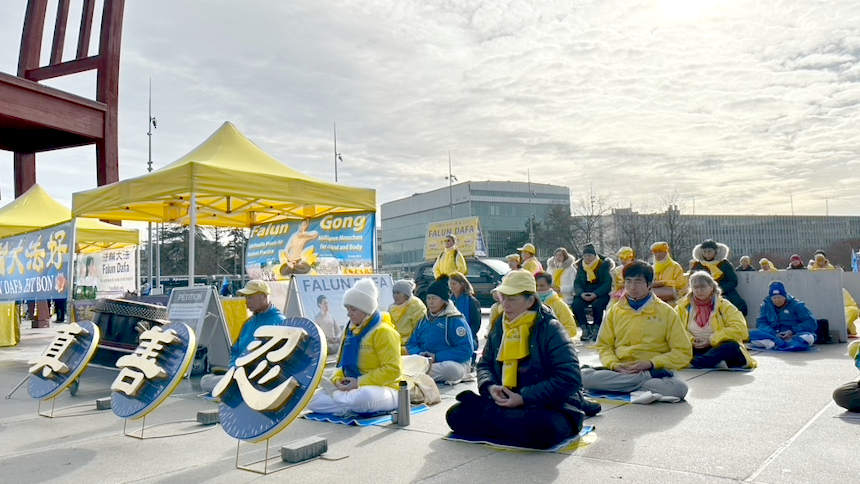
by CAP Liberté de Conscience | Feb 7, 2024 | news, UN UPR
[Voice of Hope January 26, 2024] (reported by our reporter Wen Simin) The 45th session of the fourth round of the Universal Periodic Review (Universal Periodic Review) of the United Nations Human Rights Council was held on January 22. It begins at the Palais des Nations (Palais des Nations) in Geneva, the European headquarters of the United Nations. The day before the review of human rights in China, a conference titled “China’s Deprivation of Universal Human Rights “, focusing on the persecution of Falun Gong and organ harvesting from living persons, was also held at the Palais des Nations . On the 22nd and 23rd, some Falun Gong practitioners from the Czech Republic, Finland, Germany, France, the German-speaking and French-speaking areas of Switzerland held truth-clarification activities at the Place des Nations opposite the Palais des Nations.
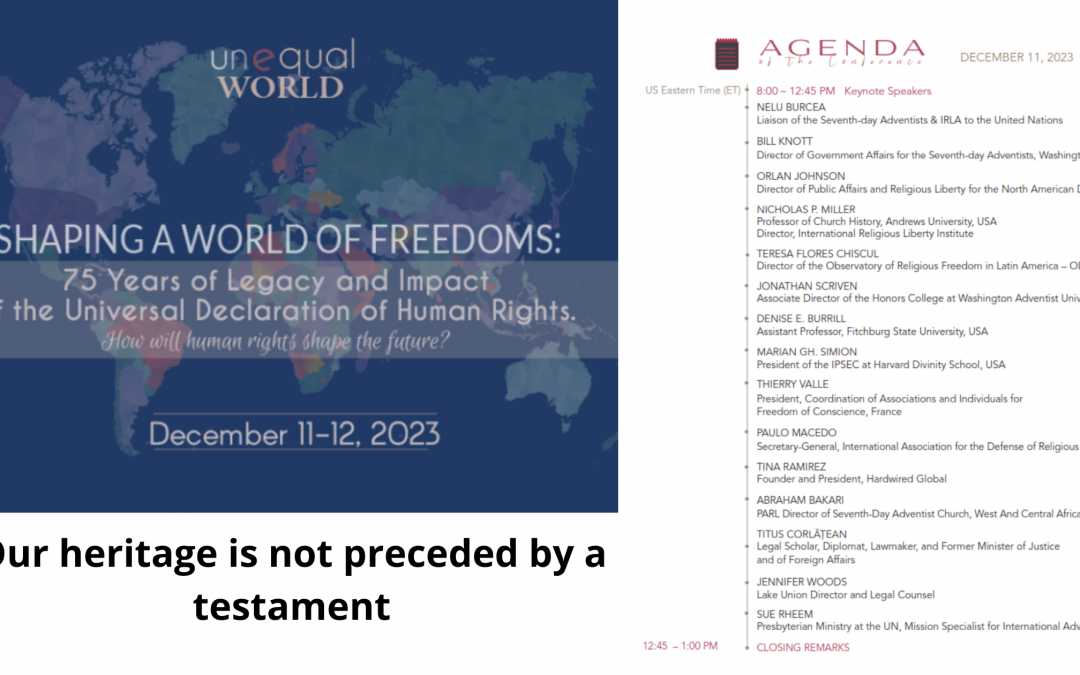
by CAP Liberté de Conscience | Dec 19, 2023 | CAP LC Event Coming, news
Hannah Arendt quotes an aphorism by René Char (published in Feuillets d’Hypnos in 1946). “During the Resistance, a generation of European writers and men of letters created, in the political vacuum created by the collapse of the old system, a distinct public sphere, a bare space in which freedom could appear. But this opportunity did not last long. This treasure, which had appeared unexpectedly under mysterious circumstances, was soon lost. That generation was unable to give it a name. The history of revolutions was repeating itself.







